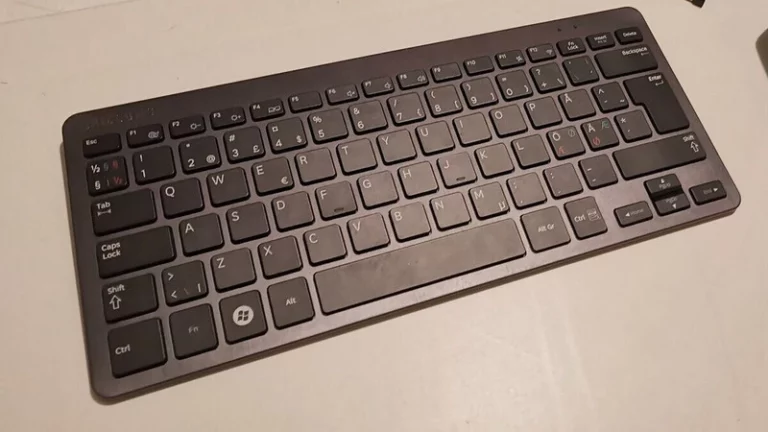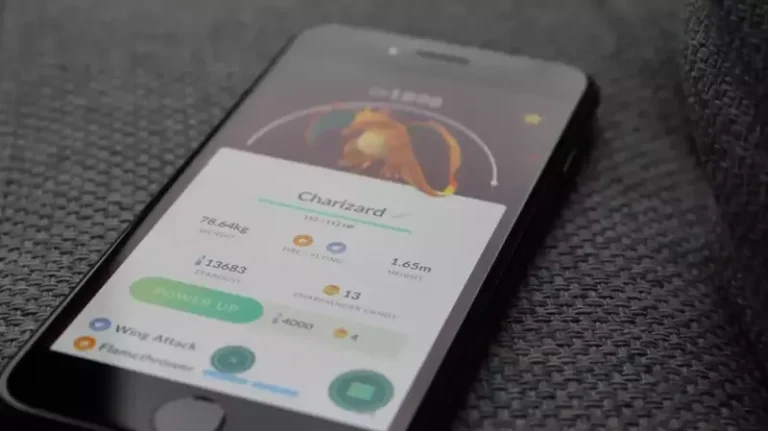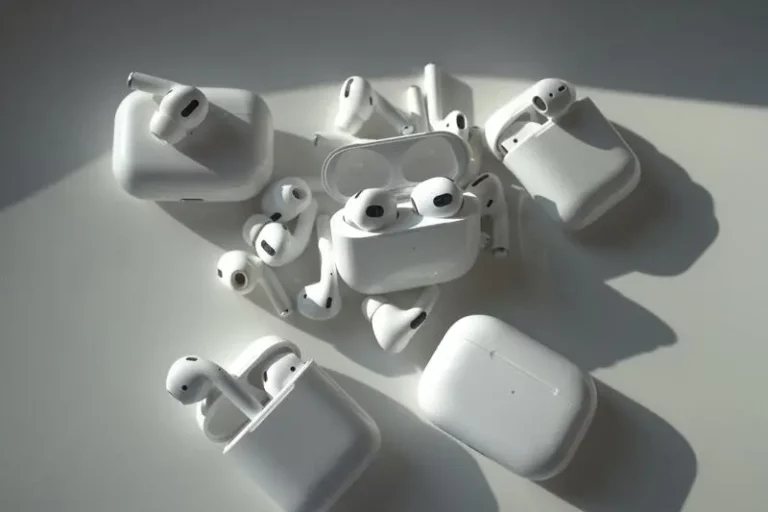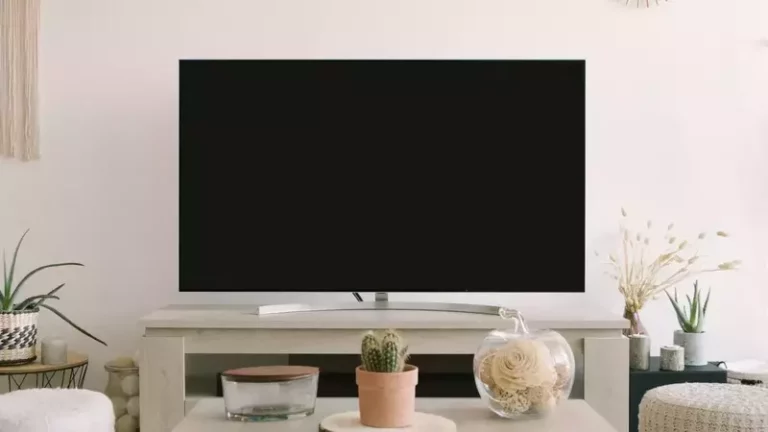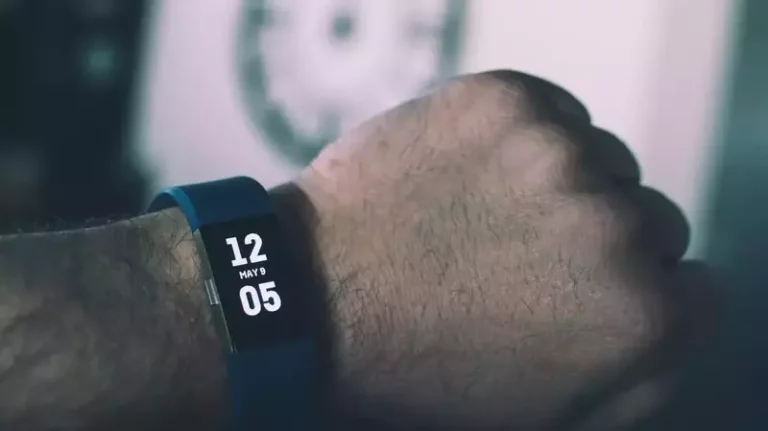Do Bluetooth Speakers Drain Battery When Using An Aux Cable?
This site contains affiliate links to products, and we may receive a commission for purchases made through these links.
There is a lot of debate about whether or not Bluetooth speakers drain the battery when using an aux cable. Some people say that it does, and others say that it doesn’t. Well, I did some research to find out the answer for sure. Keep reading to learn more.
Bluetooth speakers do not drain the battery when using an AUX cable. On the contrary, using an AUX cable actually conserves battery life because the Bluetooth signal is not being transmitted. This means that you can use your Bluetooth speaker for longer without having to charge it.
Bluetooth uses more power because its broadcasts the signal wireless to the speaker. So if you’re not in a Bluetooth range, an AUX cable is your best bet for conserving power and keeping the party going. Read on as I discuss this topic in detail.
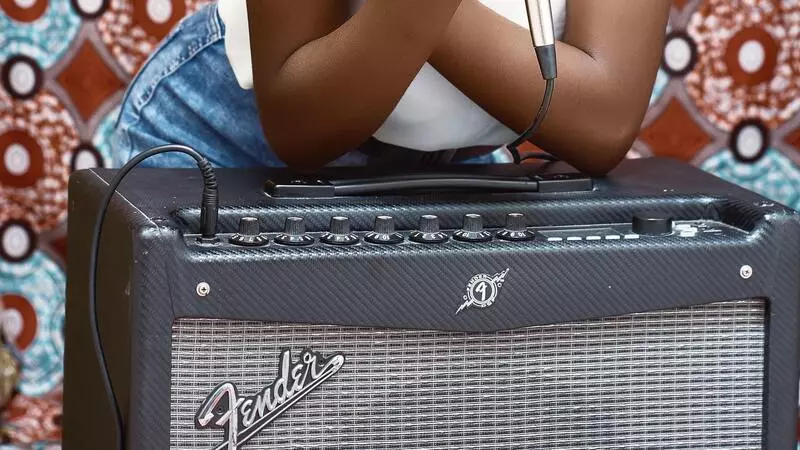
What Uses More Power, Bluetooth, or AUX Cable?
Using your Bluetooth speaker will often consume more power when using Bluetooth than when using an AUX cable. This is because Bluetooth uses up energy to broadcast the signal wirelessly, so you’re in essence using two devices at once (your phone/music player and speaker).
The AUX cable does not use a lot of power since it’s directly connected from one device to another via a cord. Also, the AUX cable doesn’t need a power source (besides what you get from your phone or music player).
Bluetooth is battery-draining because it broadcasts a signal wirelessly, which consumes more energy than just using an AUX cable. The Bluetooth chip inside of most devices shouldn’t be too expensive to produce either.
Auxiliary cables are cheaper to produce because they don’t require a Bluetooth chip, and they also conserve battery life.
READ MORE! Can You Leave A Bluetooth Speaker Plugged In? (Solved!)
Which One is Better? Bluetooth or AUX Cable?
Choosing between the two when using a Bluetooth speaker depends on various factors and your needs. Below I compare these two ways of using your Bluetooth speaker:
Battery Drainage
Using an AUX cable will conserve battery life than using Bluetooth. This is because the speaker doesn’t need to send a signal wirelessly, but only through an electrical connection from one device to another.
If you want to conserve power so that your phone or music player can last longer without charging then use an AUX cord instead of Bluetooth. If you don’t care about conserving power, then I suggest using Bluetooth because it’s more convenient and wireless (less hassle).
READ MORE! Finally A Solution to Sonos Roam Battery Drain (Solved!)
Convenience
When it comes to convenience, it depends on your specific situation. If you are at home, then using an AUX cable is more convenient than Bluetooth because there are no wires to deal with and it’s easier for someone else if they want to borrow your music player or phone without having it connected via wire (so they don’t have to pull out the cord).
However, most people use Bluetooth speakers when they are on the go. So, if you are outside of your home and want to listen to music from your phone or other devices, then using Bluetooth is more convenient because there are no wires involved in this process; just turn on both devices and connect them wirelessly.
Sound Quality
AUX provides better sound quality than Bluetooth. This is because when you use an AUX cable, the sound is coming directly from your phone or music player to the speaker, whereas with Bluetooth there can be some deterioration in sound quality due to compression and interference.
Compatibility
Most sound systems and devices have an AUX port. But the same can’t be said for Bluetooth speakers, which may not work with some older devices that don’t have this technology built into them.
An AUX cable is easier to use because it’s plug and play; just connect both ends together and start playing music through your speaker. However, if you’re using Bluetooth, then you have to turn on both devices, make sure they’re connected, and then start playing your music.
READ MORE! Can I Use Bluetooth Speakers for Gaming? (With 5 Examples)
Bluetooth or AUX Cable on Your Bluetooth Speaker: Other Factors to Consider
Bluetooth can be updated. This is among the benefits of Bluetooth. If you have an older device that doesn’t support the latest version of Bluetooth, your sound system may still be able to update it so that it does.
Also, there is no way you can turn a Bluetooth speaker into a wired AUX system if it doesn’t have an AUX port. However, most AUX systems can be used as Bluetooth systems if you have the right adapter.
FAQ
Is it easy to use a Bluetooth speaker with an AUX cable?
Yes, if it has an AUX jack. Just connect both devices and start playing music through your speaker.
Why would someone choose to use an AUX cable rather than Bluetooth when using a speaker?
There is no simple answer for this question as it varies from person to person and their personal preferences or needs. Some people prefer the convenience of being able to connect wirelessly with their speakers, while others may not like how much battery power it takes to run Bluetooth technology.
What is the benefit of using an AUX cable instead of Bluetooth?
Using an aux cable can conserve battery power, but at the same time, you’ll be limited by wires. If this doesn’t bother you then go for it. Otherwise, wireless connectivity may be more appropriate for your needs.
Can a Bluetooth speaker be used with an AUX cable?
Yes, if it has an AUX port. Just connect both devices and start playing music through your speaker. However, not all Bluetooth speakers have this capability so you’ll need to check before making your purchase.
Final Thoughts
Using an AUX cable doesn’t drain your battery as much as Bluetooth does, but it’s limited by wires. If you’re okay with that, then go ahead and use an AUX cable to save some power.

Espen
Espen is the Director of ProPairing and has written extensively about Bluetooth devices for years. He is a consumer product expert and has personally tested Bluetooth devices for the last decade.

